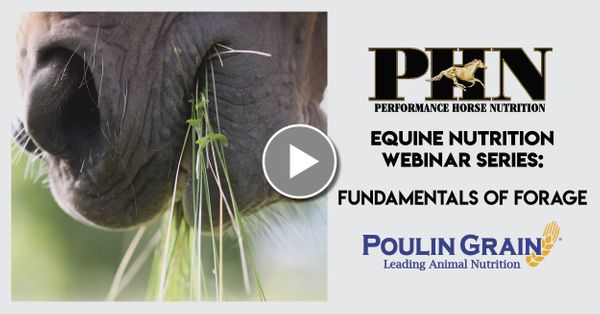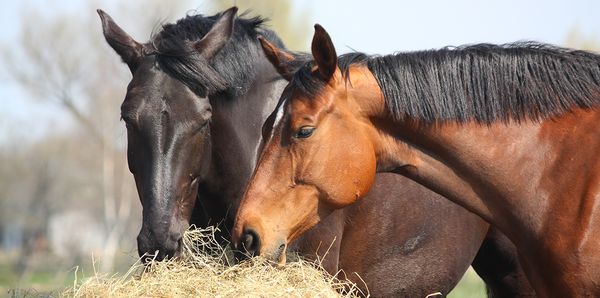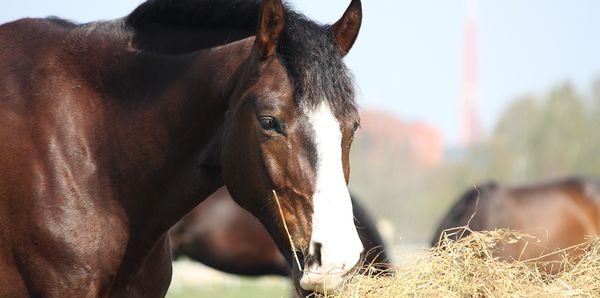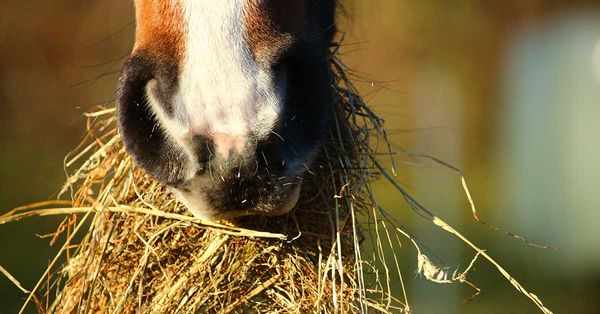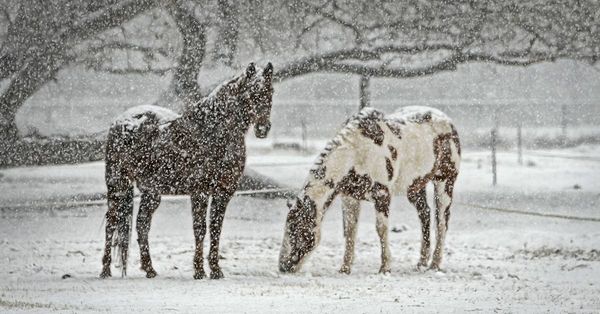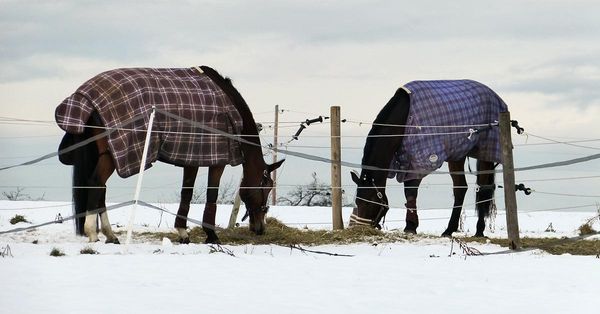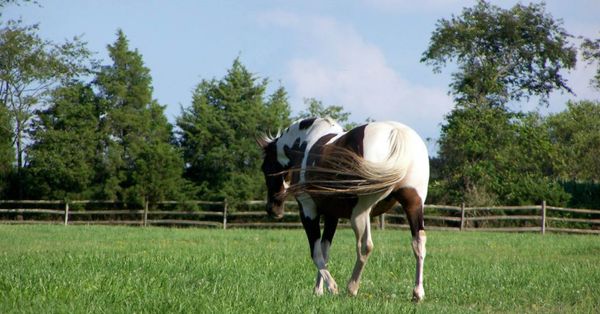
Equine
Pasture Turn Out Strategies to Limit NSC Intake
Research has shown that pasture-induced laminitis occurs at times of rapid grass growth. The accumulation of certain carbohydrates including fructans, starches, and sugars (Non-Structural Carbohydrates, NSC) in pasture forage during the spring, early summer and fall, particularly after rainfall precipitate this laminitis. Therefore we must carefully manage pasture turnout and

